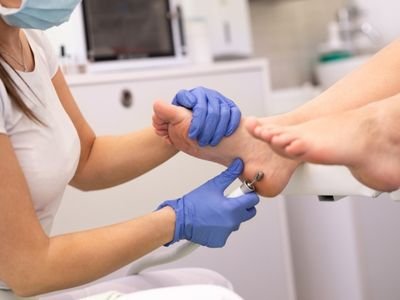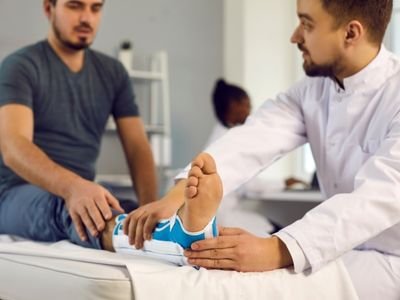Wound and Limb Care Salvage Services in North Miami Beach
Our dedicated limb salvage specialists utilize advanced techniques to preserve limbs threatened by injury or disease, prioritizing patient mobility and quality of life through comprehensive care.







